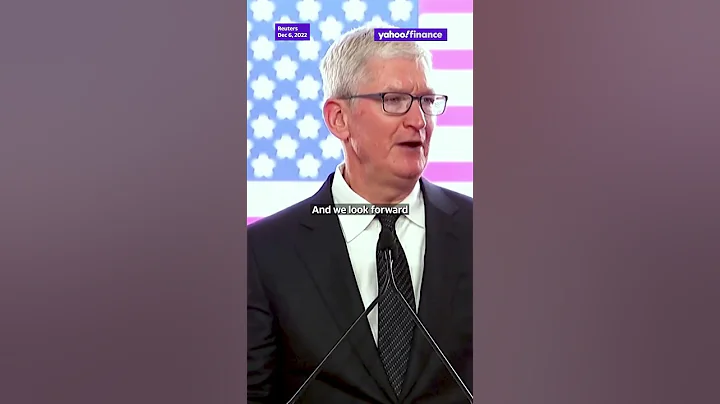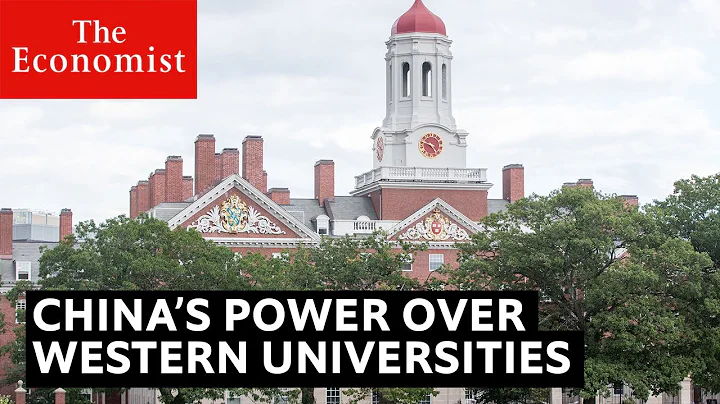[Text/Observer Network Yang Zijiang] According to a Reuters report on the 15th, TSMC Chairman Liu Deyin said that when chip supply is very tight, no one wants to see a war break out in the Taiwan Strait and disrupt the important global semiconductor supply chain. Reuters believes that Liu Deyin’s remarks are a rare comment on the political situation. And just that morning, a US military transport plane landed at Taipei Songshan Airport.
![[Text/Observer Network Yang Zijiang] According to a Reuters report on the 15th, TSMC Chairman Liu Deyin said that when chip supply is very tight, no one wants to see a war break out in the Taiwan Strait and disrupt the important global semiconductor supply chain. Reuters believes - DayDayNews](https://cdn-dd.lujuba.top/img/loading.gif)
TSMC Chairman Liu Deyin (video screenshot, attending the Institute of Electrical and Electronics Engineers Solid State Circuits Association meeting in February this year)
"As for the mainland's 'invasion', let me tell you, everyone hopes for peace in the Taiwan Strait. Because this is for everyone There are benefits for every country, but it is also because of Taiwan’s semiconductor supply chain - no one wants to destroy it." Liu Deyin said at the earnings conference call that the damage caused by the new crown epidemic to the global economy has been large enough, and no one wants to see it There is instability happening around Taiwan.
Reuters reported that the current chip supply shortage has affected the shipment of consumer electronics products, and some automobile factories have even closed due to this. As the world's largest chip foundry, TSMC is making every effort to solve the problem of chip supply shortages. The U.S. government has been urging TSMC and other island chipmakers to do more to ease chip shortages, especially for automakers. In accordance with the requirements of then-President Trump, TSMC announced in May last year that it would invest US$12 billion to build a factory in Arizona.
mentioned that this week Shanghai Fosun Pharmaceutical signed a vaccine supply contract with a Taiwanese company, Liu Deyin said that he was very happy to reach this deal, "It may have been political at the beginning, but in the end we reached a contract and we did get We have received support from all parties, so I think it is no longer political in the end, otherwise this donation will not be successful." Liu Deyin said that after the vaccine arrives, it will be donated to the authorities for distribution.
On the 11th of this month, Shanghai Fosun Pharmaceutical Group issued an announcement on the Shanghai Stock Exchange announcing that Fosun Industrial, a subsidiary of the group, signed a sales agreement for the mRNA new crown vaccine with TSMC, Hon Hai Technology Group (the parent company of Foxconn) and the Yongling Foundation . According to the agreement, Fosun Industrial will sell a total of 10 million doses of this vaccine to the above-mentioned purchasers.
![[Text/Observer Network Yang Zijiang] According to a Reuters report on the 15th, TSMC Chairman Liu Deyin said that when chip supply is very tight, no one wants to see a war break out in the Taiwan Strait and disrupt the important global semiconductor supply chain. Reuters believes - DayDayNews](https://cdn-dd.lujuba.top/img/loading.gif)
Introduction to its chairman Liu Deyin on TSMC's website
Reuters mentioned in the report that TSMC has been trying to stay away from politics. The company has huge business interests in China and the United States and must ensure that it does not offend the government of either party. Liu Deyin said that after Biden came to power, geopolitical developments have become "better predictable and more regular."
According to Reuters and other Western media, the reason why Liu Deyin made rare political comments is because the mainland has held many military exercises around the Taiwan Strait, which has led to the recent escalation of the situation in the relevant areas, causing concern in the United States and some other Western countries. focus on.
However, the United States, Japan and other countries have repeatedly interfered in China's internal affairs, made unreasonable accusations against China's normal national defense construction and military activities, and created the so-called "China threat theory." At about 9:30 a.m. on the 15th, a US military C-146A transport plane landed at Taipei Songshan Airport without my country's permission and left within an hour.
In response, Wu Qian, spokesperson of the Ministry of National Defense, said in a statement that day that Taiwan is a sacred and inalienable part of China’s territory. Any foreign military aircraft landing on our territory must obtain permission from the government of the People’s Republic of China. Any foreign warships and aircraft trespass into our airspace. Any behavior will lead to serious consequences. China warns the United States not to play with fire, immediately stop risky and provocative actions, not to send wrong signals to the "Taiwan independence" separatist forces, and to avoid aggravating the creation of dangerous tensions in the Taiwan Strait.
This article is an exclusive manuscript of Observer.com and may not be reproduced without authorization.





















